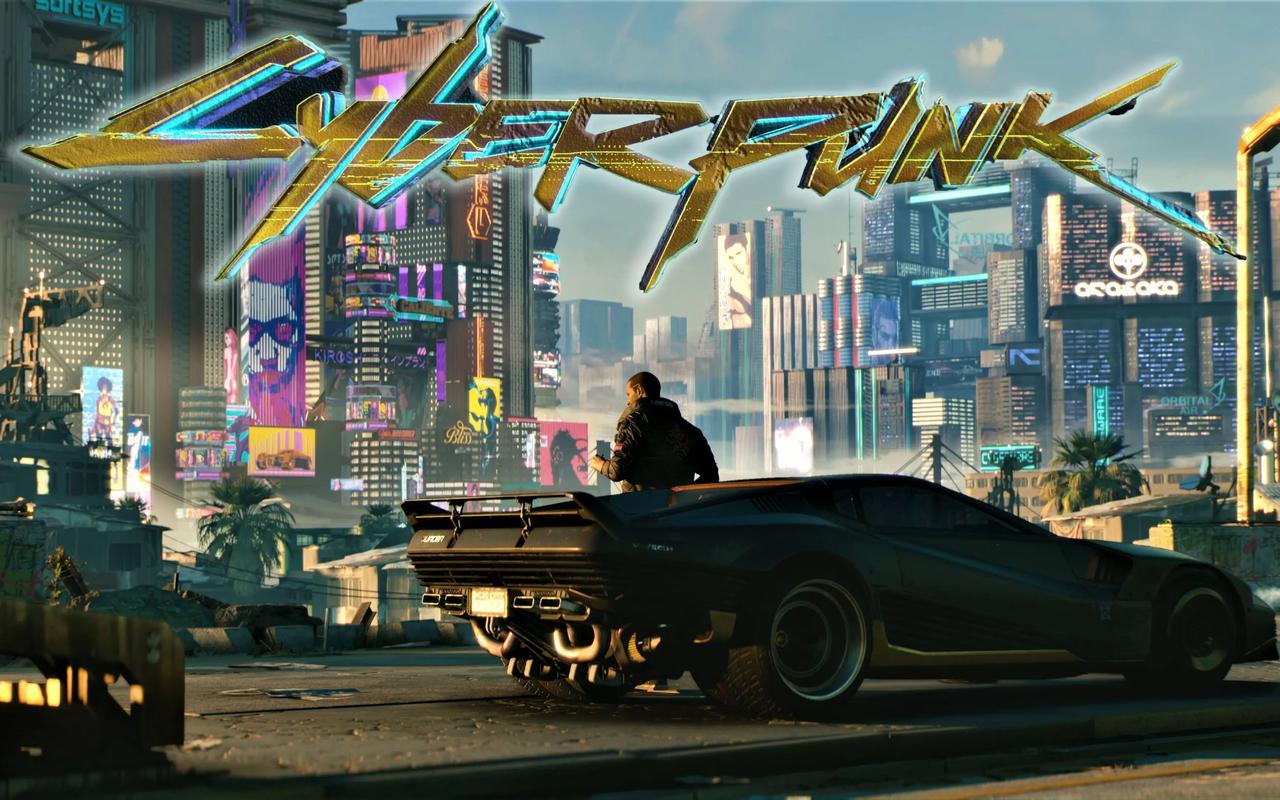Divinity: Original Sin 2 Score: Co-Op RPG Excellence
Few role-playing games have achieved the level of acclaim and adoration that Divinity: Original Sin 2 has garnered since its release in 2017. Developed by Larian Studios, this masterpiece not only redefined the CRPG genre but also set a new benchmark for cooperative gameplay in RPGs. With its deep narrative, intricate mechanics, and unparalleled freedom, Divinity: Original Sin 2 stands as a shining example of what a cooperative RPG should be.
A World of Unmatched Freedom
One of the game’s most celebrated aspects is its sheer openness. From the moment players step into the shoes of their custom character or one of the premade Origin characters, they are given near-total agency. The world of Rivellon reacts dynamically to player choices, making every decision—whether moral, tactical, or even whimsical—feel impactful.
Want to murder an important NPC? The game allows it, though consequences will follow. Prefer to talk your way out of combat? The robust dialogue system supports it. Even environmental interactions are deeply interactive—oil barrels can be ignited, water can be electrified, and teleportation spells can reposition enemies (or allies) in hilarious or devastating ways. This freedom extends seamlessly into co-op, where players can collaborate—or betray each other—with equal enthusiasm.
Co-Op Done Right
While many RPGs tack on co-op as an afterthought, Divinity: Original Sin 2 was designed with multiplayer at its core. Up to four players can join a single campaign, each controlling their own character, and the experience remains cohesive regardless of group size.
What makes co-op truly special is how it amplifies the game’s strengths. Players can split up to explore different areas, uncovering secrets independently before regrouping to share discoveries. The turn-based combat becomes a tactical playground where teamwork shines—combining spells, setting up combos, and strategizing in real-time. Even outside of battle, cooperative problem-solving leads to creative solutions, whether it’s distracting a guard while another player pickpockets them or using telekinesis to drop a heavy chest on an unsuspecting foe.
The game also embraces the chaos of multiplayer. Players can argue over dialogue choices, steal from each other’s inventories, or even engage in PvP duels if tensions rise. These moments of emergent storytelling make each playthrough unique, fostering memorable experiences that few other RPGs can replicate.
A Narrative That Adapts to You
Divinity: Original Sin 2 boasts a rich, reactive story that accommodates player agency like few others. The main plot—centered on the rise of the Divine and the machinations of the Voidwoken—is compelling, but it’s the personal stories of the Origin characters that add depth. Playing as an Origin character (such as the undead Fane or the vengeful Red Prince) unlocks unique quests and interactions, enriching the world with their perspectives.

Even in co-op, these personal arcs remain intact. Each player’s backstory can influence the group’s journey, leading to conflicts or alliances that feel organic. The game’s dialogue system allows for independent choices, meaning one player might pledge loyalty to a faction while another sabotages it—creating a dynamic narrative where no two playthroughs are alike.
Deep, Rewarding Combat
The turn-based combat system is a masterclass in tactical RPG design. With a focus on elemental interactions, positioning, and resource management, battles demand strategy and creativity. The armor system (separating physical and magical defenses) forces players to adapt their approach based on enemy weaknesses, while the environmental effects (freezing water, spreading fire) add another layer of depth.
In co-op, combat becomes even more engaging. Coordinating with teammates to chain abilities—like freezing an enemy after another player douses them in water—feels incredibly satisfying. The game’s difficulty (especially in Tactician mode) ensures that teamwork isn’t just beneficial but often necessary, making victories all the more rewarding.
A Masterpiece of Sound and Vision
Beyond its gameplay, Divinity: Original Sin 2 is a feast for the senses. The hand-painted art style gives Rivellon a timeless beauty, while the dynamic soundtrack by Borislav Slavov (of Baldur’s Gate 3 fame) elevates every moment, from quiet exploration to epic battles. The voice acting is top-tier, with even minor NPCs delivering memorable performances.
Legacy and Influence
Since its release, Divinity: Original Sin 2 has influenced countless RPGs, including Larian’s own Baldur’s Gate 3. Its success proved that deep, complex RPGs could thrive in the modern gaming landscape, and its co-op innovations remain unmatched. Whether played solo or with friends, the game offers an experience that is as rewarding as it is replayable.
Conclusion
Divinity: Original Sin 2 isn’t just one of the greatest RPGs ever made—it’s also one of the best cooperative games in existence. Its blend of freedom, storytelling, and tactical depth creates an experience that feels alive, unpredictable, and endlessly engaging. For those seeking a true co-op RPG masterpiece, Divinity: Original Sin 2 is nothing short of essential.














